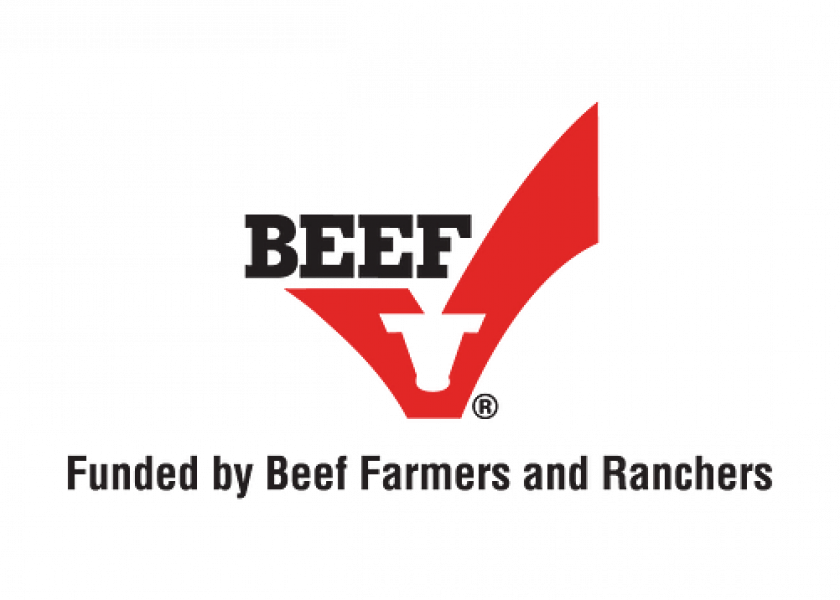Beef Checkoff-funded Educator Program Helps Cultivate New Generation of Informed Consumers

Patty Wood, LaMonte, Missouri, is a member of the Cattlemen’s Beef Board and a member, Consumer Trust Committee.
My husband Pat and I own and operate a cow-calf operation and produce diversified row crops near LaMonte, Missouri. However, as much as I enjoy farming, my true passion is education. I was a teacher for 32 years, working in pre-K and elementary classrooms and assisting students as a library media specialist and technology coordinator.
Now, as a member of the Cattlemen’s Beef Board and the Consumer Trust Committee, I’m finding new ways to enjoy “teachable moments” – spontaneous opportunities to answer questions and engage producers and consumers in conversations about the Beef Checkoff –and the programs it funds to drive beef demand. One program that particularly resonates with me as a former educator is managed by the American Farm Bureau Foundation for Agriculture (AFBFA), a contractor to the Beef Checkoff.
AFBFA brings agriculture back into the classroom with its “On The Farm” STEM (Science, Technology, Engineering and Math) program. This program shares the realities of farm life and food production through a variety of resources along with in-person teacher farm and ranch tours. STEM educators get an annual, immersive professional development experience that combines food and agriculture with science education. Then, they take what they’ve learned back to their students, exponentially broadening the program’s reach.
Why does this program matter? Because far fewer schoolchildren today are exposed to agriculture, they often don’t understand where their food comes from. I used to experience that every fall, when I’d bring corn stalks with ears attached to my classroom for a door display. Many students – even in an agriculture-rich state like Missouri – wanted to know how I “made that corn” because it didn’t look like the corn that was a part of last Sunday’s dinner. I was able to explain why field corn looks different from sweet corn and how beef producers harvest and use it. However, in urban areas, teachers usually don’t have an agricultural background, which is why sharing the farming experience with them is so important.
The twelfth and most recent On The Farm in-person tour took place in June, when 29 teachers and school administrators from across the country representing 70,000 students traveled to Colorado for an event hosted by the Colorado Beef Council. Participants visited with experts from across the cattle industry to better understand how to integrate animal agriculture into their STEM classrooms back home.
Day One included learning about elements of cattle feed. Attendees also began developing their own lesson plans centered around the involvement of STEM in the beef cattle life cycle. On Day Two, attendees toured Colorado State University’s AgNext research facility to learn about methane measurement and how researchers observe and research cannulated cows. In addition to the in-person tours, this program included two pre-tour webinars that led up to the multi-day, in-the-field, immersive experience, one post-tour webinar and a structured professional development community. Previous On The Farm STEM tours have taken place in Portland (OR), Oklahoma City, Los Angeles, Nashville, Minneapolis, Fort Worth, Philadelphia, Syracuse (NY), Kansas City and Boston, providing different agricultural perspectives from around the country.
AFBFA’s efforts go beyond the On The Farm tours. They work with teachers across the country to integrate Checkoff-funded elementary, middle and high school beef curriculums into their lesson plans in multiple ways, like offering free resources, virtual workshops and so much more. By offering these well-rounded, immersive programs, the Beef Checkoff is giving hundreds of educators the knowledge and tools to effectively introduce students to beef production and the care and commitment beef producers dedicate to their herds.
Connecting agriculture with science helps these STEM educators foster a new generation of consumers who are better informed about beef and beef production. That’s incredibly important in today’s world where so much misinformation about agriculture and beef production exists. As a producer and an educator, I want consumers to better understand agriculture’s remarkable impact on us all – and the Beef Checkoff is helping make that happen.







